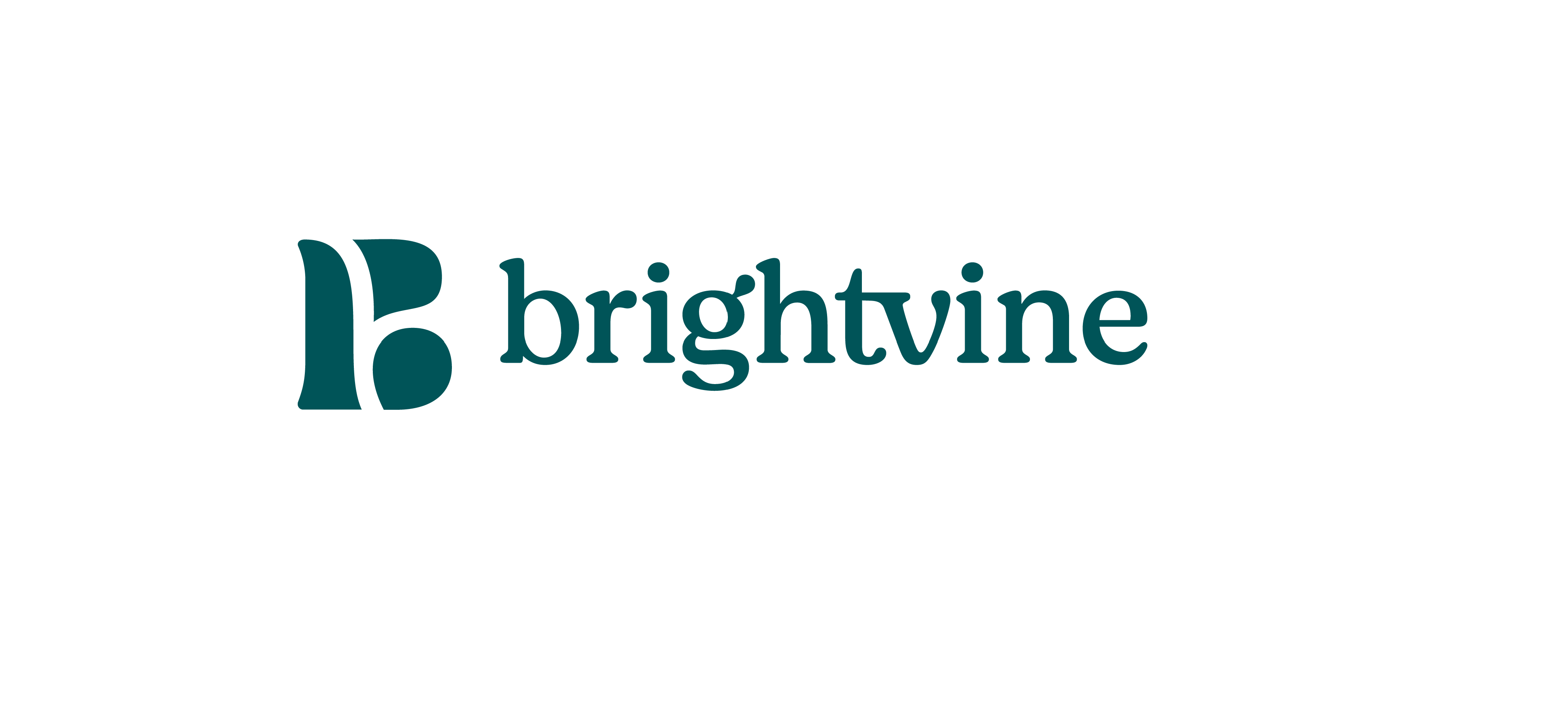[ad_1]
Sticking investable belongings on the blockchain is a standard pursuit in at the moment’s world of cryptocurrency. While the advantages are many – a number of the most notable embrace larger accessibility, decreased friction and charges, and the potential to separate up illiquid belongings – the challenges are additionally plentiful.
Brightvine, a blockchain-powered funding platform that connects vetted issuers of real-world belongings to digital traders, is one such agency tackling this problem. Today they introduced a partnership with Angel Oak Ventures, the expertise enterprise arm of Angel Oak Companies, which works in modern mortgage options. The partnership will look to leverage Brightvine’s platform in exploring new funding avenues for traders.
It’s salivating to consider the impression on the broader monetary market if real estate and blockchain could be merged efficiently. The notoriously illiquid and inaccessible real estate market may very well be remodeled if anybody might ever crack the way to efficiently tokenise these belongings. To get solutions on why that is such a problem, the progress being made, and what precisely this partnership with Angel Oak entails, we interviewed Brightvine CEO Joe Vellanikaran.
CoinJournal (CJ): People have lengthy fantasized about real estate residing on the blockchain, however to this point the progress has lagged behind different sectors inside crypto. What do you assume the reason being for this?
Joe Vellanikaran (JV): There are two fundamental causes: Low consciousness within the real estate business of the advantages of blockchain and poor infrastructure to assist real estate tokenization. The real estate business is extremely subtle with well-trained, financially savvy people tapping into many choices that presently exist to finance their investments. However, most seem like unaware of the advantages that blockchain gives for real estate, comparable to larger liquidity by reaching a broader primarily based of traders and efficiencies gained via automating redundant capabilities via sensible contracts. Even although crypto and blockchain have been round for over a decade, there nonetheless isn’t a technological resolution that correctly appreciates the dynamics and nuances of the real estate business. That’s the place Brightvine is available in.
CJ: The press launch outlines lowering “friction of traditional secondary markets” as a profit to the tokenized strategy. Can you please elaborate on what you imply right here?
JV: Despite the sector being many occasions bigger than fairness markets, there isn’t a NYSE for mortgages, real estate, or fastened earnings merchandise. Sales and transfers of those belongings are privately negotiated, requiring vital due diligence and switch prices. Brightvine allows the seamless switch of asset tokens throughout transacting events — all whereas lowering audit prices via blockchain-based validation of paperwork and information.
CJ: What demographic are you concentrating on with the Angel Oak partnership – DeFi traders seeking to diversify their portfolios by including real estate publicity, however staying inside the realm of crypto?
JV: That’s proper, however we’re additionally concentrating on institutional and accredited traders in conventional finance who need to spend money on asset courses which can be too tough to audit and observe with out Brightvine.
CJ: Will this make real-estate funding extra accessible, given the sometimes giant and illiquid investments could be fragmented on-chain?
JV: Yes. We allow fastened earnings and real estate asset managers to boost funds from blockchain-based traders utilizing tokens. These funds are sometimes financed by giant establishments and infrequently commerce. Tokenizing the fund permits a broader funding base to entry these excessive performing different asset courses, that are sometimes closed off to most traders.
CJ: What would you say is the most important motive for an investor to spend money on a tokenized real estate asset fairly than through the conference trad-fi route? Or is that this merely for traders who can not entry such autos exterior of crypto?
JV: The largest motives are entry and adaptability. This route gives larger portfolio choice and customization in addition to the flexibility to simply commerce your tokenized belongings on a secondary market.
CJ: I joined the waitlist to affix Brightvine. Why is there a waitlist, and when do you count on to open this up?
JV: This 12 months, we will probably be launching a platform that permits traders to buy and stake digital belongings on Brightvine.
CJ: Will Brightvine proceed to focus on real estate, or do you’ve got plans to tokenize extra asset courses?
JV: Brightvine is presently centered on the mortgage, fastened earnings, and real estate industries, however we’re all the time exploring new prospects and open to pursuing different asset courses sooner or later.
CJ: How might mortgage issuers profit out of your product?
JV: We supply mortgage issuers entry to the Brightvine Portal, which is a safe administration platform that will increase effectivity, safety, and liquidity for mortgages and MBS. Loan originators and issuers tokenize their real-world monetary merchandise into digital belongings, enabling the simple switch of validated information with third events comparable to traders, dealer sellers, and RIAs. Additionally, issuers use the Brightvine Portal to coordinate and conduct major choices of digital belongings to traders.
CJ: What do you assume the long run holds for tokenized shares? Do you assume both tokenized shares and real estate will ever develop into mainstream, pulling capital away from the trad-fi sector?
JV: I strongly imagine that trad-fi and DeFi will ultimately merge. Trad-fi is crammed with scores of extremely clever, hard-working, savvy funding professionals. It could take a while, however I imagine the business will adapt and undertake blockchain to allow all asset courses, from equities to fastened earnings. Eventually, we received’t even be speaking about tokenization. It will merely be the expertise driving a brand new monetary market that’s extra environment friendly, clear, liquid, and accessible.
CJ: Do you’ve got any fears surrounding regulation right here? For instance, tokenized shares and different related securities have been beneath tight scrutiny from authorities as to whether or not they signify securities. Will this have an effect on Brightvine or their traders?
JV: We respect and encourage regulation of the business, and in consequence, compliance is on the core of Brightvine’s merchandise and choices. Any securities supplied on Brightvine will comply with the right pointers of the suitable regulatory our bodies.
CJ: I’m from Ireland initially, the place it has been very tough for younger individuals to safe mortgages because the GFC, with many getting caught in rental traps. Somewhat of a hypothetical query, however do you assume tokenized real estate and mortgages might have an opportunity at lessening this drawback ultimately?
JV: Yes! Let’s say most of the people in Ireland is excited by enhancing homeownership countrywide. They might create and fund a blockchain-based liquidity pool that algorithmically purchases mortgages of debtors in Ireland. This product will increase liquidity for mortgages whereas the immutable ledger of validated information reduces bills associated to mortgages. Increasing liquidity and lowering bills improves pricing for debtors. Better pricing signifies that extra individuals qualify for a mortgage which in flip improves homeownership.
Additionally, the traders within the fund doubtless will obtain a larger return than if they’d left their funds within the financial institution! Brightvine will probably be launching a product to deal with this very drawback later this 12 months.
[ad_2]
Source link



